There’s a new divorce support option in Colorado. Could it be right for you?

On June 20, 2024, 62 people were sworn in as the first LLPs (Licensed Legal Paraprofessionals) in Colorado.
What are LLPs?
Licensed Legal Paraprofessionals provide a new option for divorcing clients who may have previously elected to do everything on their own. Much like nurse practitioners, who can support patients with many critical aspects of their care, but are not doctors, LLPs are specially trained legal professionals who are authorized by the state of Colorado to handle certain legal tasks independently. LLPs must apply to the Bar and pass a rigorous exam to obtain their license, which is limited to assisting clients with family law matters (at this time LLPs are not licensed to practice in any other areas of law*).
For many, this new option makes legal services more accessible, especially since most people in Colorado don’t opt for full attorney representation during divorce (i.e. in 2022 more than 70% of people opted to file divorce without representation). LLPs fill this gap between “pro se” representation (which means self-representation) and hiring an attorney, offering a very valuable balance of expertise and cost-effectiveness.
What can they do?
- Contested and uncontested divorces
- Child custody and support arrangements, including protection orders
- Parenting plans and spousal support
- Modifications and enforcement or orders
- Mediation / arbitration
What can’t they do?
- Examine witnesses in court
- More complex legal work
How are law firms utilizing LLPs?
Many law firms are also choosing to add LLPs to their teams. According to Darla Junger, an LLP at Kinnett & Cordes, LLPs help firms provide the right level of support for each client. “LLPs are extremely knowledgeable about family law and having LLPs on the team means clients get the level of service they need for all aspects of their case,” said James Cordes, Partner at Kinnett & Cordes.
Darla Junger also mentioned, “LLPs can assist with legal research, draft documents, and provide support in various legal matters, ensuring access to justice for those who may not afford full legal representation. Furthermore, they help clients navigate the complexities of legal procedures, offer guidance on legal rights and responsibilities, and contribute to the efficient resolution of legal issues.”
The bottom line?
LLPs serve a valuable role in the Colorado family law process, and utilizing an LLP as part of your team might help you get expert input and manage costs.
*For a full review of the Rule, visit https://casetext.com/rule/colorado-court-rules/colorado-rules-of-civil-procedure/chapter-18-rules-governing-admission-to-the-bar/rule-207-licensed-legal-paraprofessionals/rule-2071-licensed-legal-paraprofessionals-scope-of-authority-to-practice
